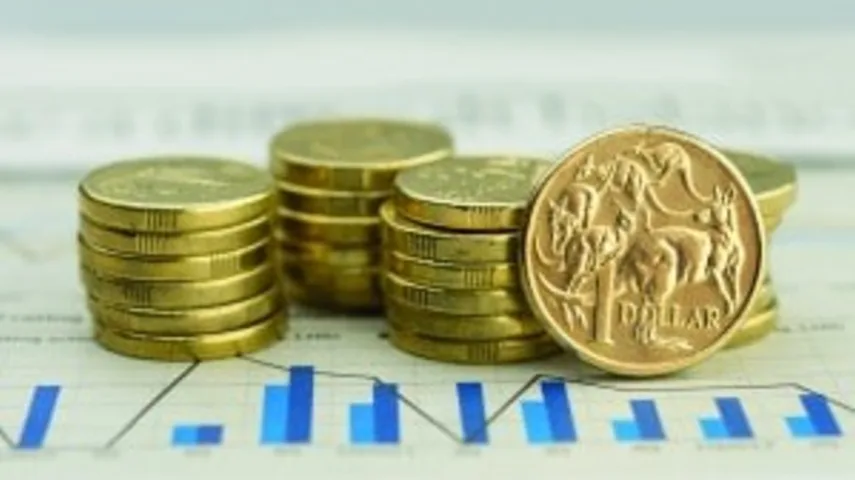Falling dollar a bright spot for Aussie equities



The declining value of the Australian dollar is proving to be a “wonderful tailwind” for domestic businesses, making Australian stocks more attractive to investors.
Hyperion's Samway said the weakening dollar represented an opportunity for Australian listed companies to reap the benefits of offshore investment, while giving those that compete against US rivals an edge.
A wonderful tailwind
"We can only find about 35 Australian companies that we think are investment-grade…for the majority of these, a falling Australian dollar has been a wonderful tailwind," Samway said.
"The reason for that is some of these businesses used the high Australian dollar to build beachheads overseas and are now taking overseas revenue back.
Australia is one of the last markets where investors can get a decent yield on nearly any asset class. But the search for yield, in our view, is driving investors into some potentially risky areas.
"On top of that, there are businesses who compete openly against US competitors…in Australia IRIS does that, it's major competitors in a number of its product lines are US-based…so they're priced in US dollars, and IRIS in Australia is priced in Australian dollars, so they get a price advantage when the Australian dollar falls."
Priced to perfection
The decline in the value of the Australian dollar has been a boon for Australian businesses based overseas, Alphinity's Carlberg believes.
"The lower Australian dollar is one of the bright spots in the equities market," he said.
"Over a third of listed corporate earnings are produced overseas so the currency effect alone is a significant boost to market earnings."
AB (AllianceBernstein's) Fitzsimons reported a parallel between Australian defensive stocks and foreign currency earners.
"Both the defensive and the US dollar earners are priced to perfection," he said. "Which means that when there's the slightest hint of trouble the share price can retrace by 20 per cent or so."
Increase foreign investment
Fitzsimons said the falling dollar has drawn overseas investors for the Australian equities market.
"The fall in the Australian dollar has made the country more attractive," he said.
"Australia is one of the last markets where investors can get a decent yield on nearly any asset class. But the search for yield, in our view, is driving investors into some potentially risky areas.
"Some resource stocks, for example, are offering high yields which, given the outlook for the industry, may never eventuate."
While Fitzsimons warned that some foreign investors could be lured into taking risks on Australian stocks, Hyperion's Samway said there are a number of high quality Australian businesses that could represent a solid long-term investment for overseas investors.
"In many ways the Australian market is a bit of a proxy for a lot of these players, so they're either playing on an interest rate differential or they're making a bet on the currency by investing into a hard asset," he said.
"There are a select number of high quality companies that look very attractive on a five-year total return basis compared to their offshore competitors and that will attract international interest."
Read part one of Nicholas O'Donoghue's report: Aussie equities' stock rising
Read part two of Nicholas O'Donoghue's report: Resources from boom to near bust
Recommended for you
Evidentia’s chief investment strategist Nathan Lim has announced his retirement after a 30-year career.
GQG Partners has marked its fifth consecutive month of outflows as its AI concerns lead to fund underperformance but overall funds under management increased to US$166.1 billion.
Apostle Funds Management is actively pursuing further partnerships in Asia and Europe but finding a suitable manager is a “needle in a haystack”.
Managed account provider Trellia Wealth Partners, formed from the merger between Betashares and InvestSense, has appointed its first managing partner.











